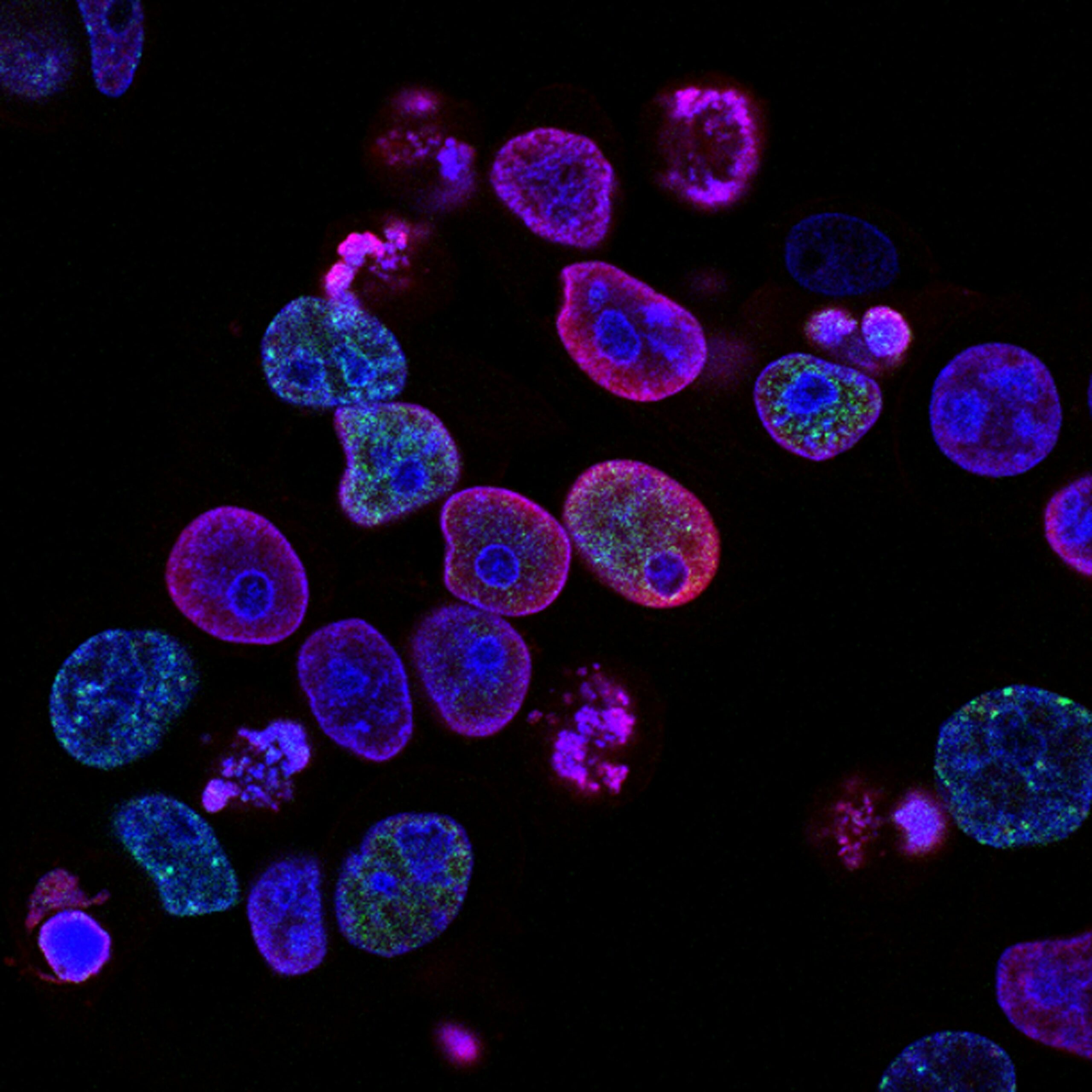Photo by National Cancer Institute
Scientists have discovered a marine-derived molecule that triggers an explosive form of cancer cell death, offering a potentially revolutionary approach to cancer treatment that harnesses the ocean’s untapped pharmaceutical potential.
The compound, dubbed EPS3.9, was secreted by marine bacteria found off the coast of Taiwan and has demonstrated the ability to cause cancer cells to burst open while simultaneously alerting the immune system.
Explosive cell death mechanism identified
Unlike traditional cancer treatments that rely on quiet cell death through apoptosis, EPS3.9 triggers pyroptosis—a violent cellular destruction process named after the Greek word for fire. The peer-reviewed study, published in The FASEB Journal, details how the molecule activates internal alarm systems that cause cells to swell and burst.
The process releases chemical distress signals that alert the immune system and trigger inflammation—effectively turning the dying cancer cell into a beacon that calls for immune system reinforcement.
Promising preclinical results
In laboratory studies, EPS3.9 successfully triggered pyroptosis in human-derived immune cells. Testing in mice with implanted human liver cancer cells showed treatment resulted in tumour shrinkage and increased inflammation.
However, researchers did not track long-term survival or compare EPS3.9 to existing cancer drugs, representing an early but significant signal rather than a definitive cure.
Unique marine compound
EPS3.9 belongs to extracellular polymeric substances—sugar-based matrices that bacteria secrete for protection. The compound was produced by Bacillus sp. 3.9, a microbe that evolved in Taiwan’s coastal waters. Its large size and sticky properties may help it bind effectively to cancer cells and trigger their internal alarm systems.
Ocean biodiversity as medical frontier
The discovery highlights the ocean’s role as an underexplored pharmaceutical resource. Currently, approximately 30 drugs on the market derive from ocean species, with most focused on cancer treatment.
The research demonstrates how marine organisms continue developing chemical defences that may hold keys to human medical advances. As marine ecosystems face increasing threats, the study serves as a reminder of the ocean’s dual role as both natural heritage requiring protection and a vast, largely untapped pharmacy for future medical breakthroughs.
